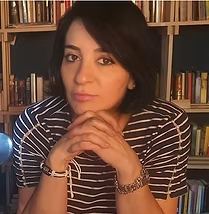Dispersing Events in East Jerusalem: Harm to Culture and Community
- Warda Sada

- 28 בנוב׳ 2025
- זמן קריאה 1 דקות
By: Warda Sada
The dispersal of cultural events is not unique to Jerusalem. Authoritarian and totalitarian regimes throughout history have acted in similar ways:
Nazi Germany
Canceled plays and books deemed “non-German,” and restricted cultural life according to the official ideology.
The Soviet Union under Stalin
Performances and musical events were removed if they did not align with party doctrine; artists who deviated were severely punished.
China – The Cultural Revolution
Theaters were closed and “bourgeois” cultural activities restricted, depriving children and youth of opportunities.
Spain under Franco
Imposed censorship on literature and theater, and banned public events that did not conform to the regime’s policies.
Clear Parallels
Common patterns include:
Dispersal of “innocent” events
Control over public space
Damage to the community’s sense of belonging and freedom
The difference is that events in East Jerusalem are not explicitly ideological, yet the cultural and social impact is similar — a sense of restricted freedom and reduced opportunities for personal and communal development.
Conclusion
The dispersal of cultural events in East Jerusalem is not merely a temporary cancellation of activities — it is a harmful blow to culture, to children, and to the local community. This pattern reflects restrictions on the public sphere and raises concerns of alienation and limited freedoms — an outcome well-known from the history of authoritarian regimes around the world.
.png)